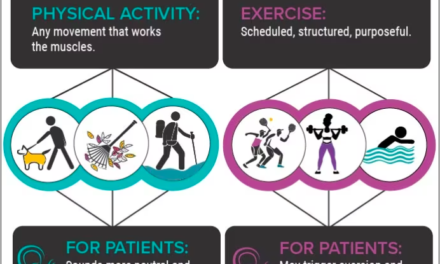
Research indicates that individuals with obstructive sleep apnoea (OSA) can reduce their risk of cardiovascular disease-related mortality by using a continuous positive airway pressure (CPAP) machine during sleep. A pilot study presented at the European Respiratory Society International Congress suggests that CPAP may be more effective than weight reduction medication in decreasing plaque accumulation in the heart’s surrounding arteries. OSA sufferers often exhibit loud snoring, intermittent breathing cessation, and frequent awakenings during the night, leading to reduced blood oxygen levels and fatigue. This condition can elevate the risk of hypertension, stroke, heart disease, and type 2 diabetes.
Patients diagnosed with OSA are prescribed CPAP machines to enhance their sleep quality. These devices work by delivering a steady stream of air through a face mask, ensuring open airways. Nevertheless, studies regarding CPAP’s impact on cardiovascular disease have yielded conflicting outcomes. Dr. Jordi de Batlle from the Institut de Recerca Biomèdica de Lleida (IRBLleida) in Lleida, Spain, presented the heart disease study. He and his team identified 3,638 OSA patients in Catalonia who discontinued CPAP usage in 2011 and compared them to an equal number of OSA patients who continued CPAP treatment until at least 2015 or until their passing.
Dr. de Batlle remarked, “Our findings suggest that CPAP treatment can significantly benefit most OSA patients by averting cardiovascular issues like heart disease and stroke. This is an added benefit, as CPAP treatment already aids most OSA patients by reducing daytime sleepiness and enhancing their overall quality of life. Based on these results, we should encourage individuals with OSA to persist with their CPAP therapy.”
The pilot study, led by Dr. Cliona O’Donnell, a specialist registrar in respiratory medicine at St. Vincent’s University Hospital and University College Dublin, Ireland, involved 30 OSA patients who underwent a computerized tomography (CT) coronary angiogram to assess potential blood vessel narrowing supplying the heart. The patients were randomly assigned to 24 weeks of treatment with either CPAP, injections of the weight loss drug liraglutide, or a combination of both.
Patients exhibiting signs of coronary artery disease in their initial scan underwent a follow-up scan after the 24-week treatment period. An artificial intelligence program was used to analyze the patients’ scans. Those treated with CPAP, both alone and in conjunction with weight loss injections, experienced reductions in arterial plaque buildup and decreased inflammation in the aorta (the body’s primary artery carrying blood from the heart). Conversely, patients treated solely with weight loss injections did not exhibit these effects.
Dr. O’Donnell stated, “Continuous positive airway pressure operates by maintaining open airways during sleep, thereby preventing oxygen level fluctuations in the blood that can exacerbate cardiovascular disease. While this is a preliminary study and firm conclusions cannot be drawn, we observed improvements in early cardiovascular disease indicators with CPAP treatment. This should now be further evaluated in larger studies.”
Professor Sophia Schiza, secretary of the European Respiratory Society’s group assembly on sleep-disordered breathing, who was not involved in the research, noted, “We know that individuals with obstructive sleep apnoea face a heightened risk of cardiovascular issues, but there is conflicting data on the effects of CPAP in mitigating this risk. Nevertheless, real-world data is showing that CPAP adherence plays a crucial role in reducing cardiovascular risk and improving overall outcomes. Here, we have two studies: a large-scale study suggesting that CPAP could help lower the risk of developing or dying from cardiovascular disease in individuals with OSA, and a smaller study indicating that CPAP might be more beneficial than weight loss therapy for OSA patients.”
OSA is a prevalent condition with significant implications for daytime functioning and cardiovascular health. CPAP is a viable treatment option, and the more consistently patients utilize it, the greater the reduction in cardiovascular illness and mortality. Therefore, tailored treatment plans, patient engagement, educational initiatives, and thorough follow-up care are essential in promoting adherence to long-term treatment and enhancing outcomes for patients.









